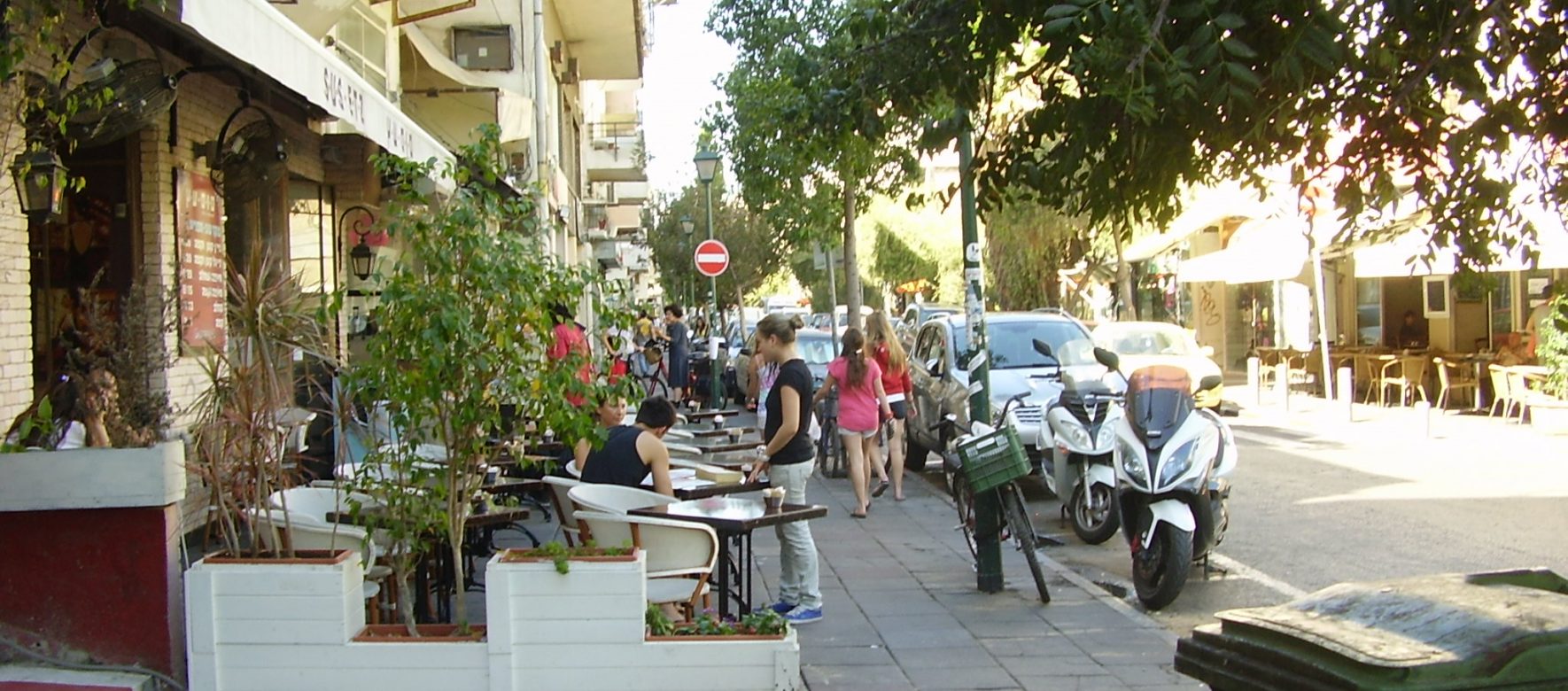The Israel Democracy Institute (IDI) has highlighted the plight of independents following the pandemic.
One in five self-employed workers in Israel is out of work and 65% of people have suffered loss of income in the wake of the pandemic.
Self-employed workers have been hit harder than salaried employees. But this is also the case for people with lower levels of education.
Overall, households with the lowest incomes were the most affected. More than half of those polled said they experienced loss of income amid the economic crisis brought on by the coronavirus.
According to the survey, 20% of autoentrepreneurs were forced to temporarily stop their activity (14.4%) or completely lower the curtain (5.4%), i.e. 100,000 unemployed autoentrepreneurs in June. .
Among employees, 5.5% were without professional activity and 8% were placed on forced unpaid leave for a total of 550,000 unemployed due to the coronavirus crisis.
Figures show 650,000 people have lost their jobs due to the pandemic.
Adding this figure to the number of Israelis who were already unemployed before the outbreak of the epidemic, the IDI survey estimates the number of unemployed in June at 788,000 or more. 19.3% of the working population.
Both sectors suffered a loss of income, 44% on average among the self-employed and 26% among salaried employees.
Young workers were more affected than their elders: The 18-24 age group reported a 53% drop in income compared to 34% for the average for all Israelis.
Among households with incomes of up to NIS 5,000, 54% reported a loss of income. And the higher the latter was at the base, the more measured was the drop in income, indicate the figures: Thus for households with 5,000 to 10,000 NIS of income (49%), 10,000 to 15,000 NIS (32%) 15,000 to 25,000 NIS (24%), and over 25,000 NIS (25%).
The study also found that 37% of salaried employees and 45% of self-employed entrepreneurs were overdrawn – or already had overdrafts that have only increased following the outbreak. The Israeli Arabs are the most affected, with 55% of them reporting having an overdraft bank account compared to 33% of the Jewish population.
Among the self-employed, 28% had to borrow money, compared to 16% of employees. Of those who got into debt, 42% were required to claim a loan.
“COVID-19 has dealt a severe blow to the Israeli economy – and it continues to do so – as well as to huge numbers of Israeli citizens, and this is one of the concerns at the heart of the movements. protests and demonstrations denouncing the government throughout the country, ”the IDI assessed.
In recent weeks, bi-weekly rallies have been organized around the Prime Minister’s official residence in Jerusalem, calling on Prime Minister Benjamin Netanyahu to step down due to his handling of the coronavirus epidemic and his indictments for corruption.
Israel had put in place a lockdown in mid-March that nearly brought the economy to a standstill and spiked unemployment figures to more than a million – or 26% – of Israelis, the highest figure on record in the history of the country. Restriction measures have been gradually lifted but the country has since seen a sharp rise in the number of infections with the disease.
Source: Times of Israel










